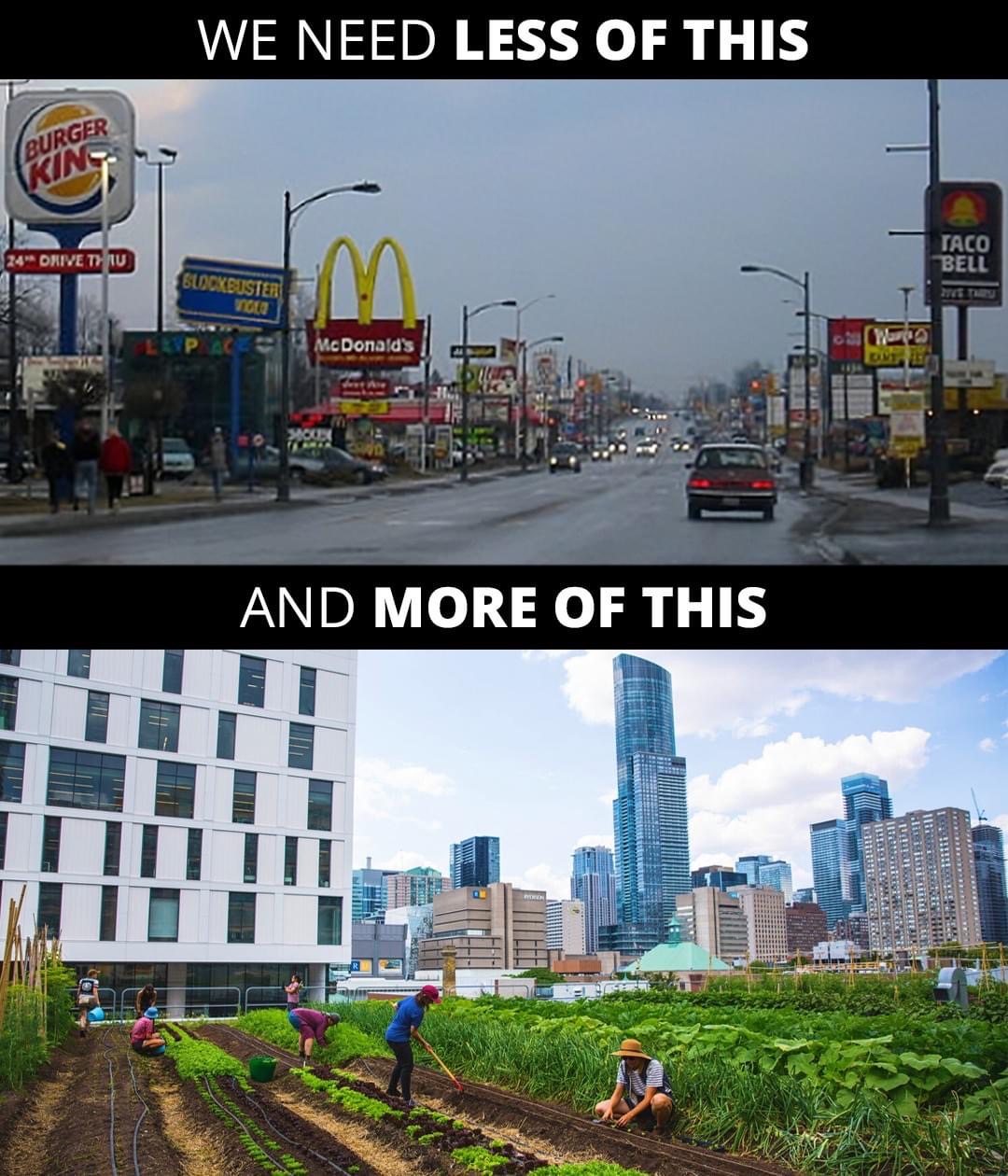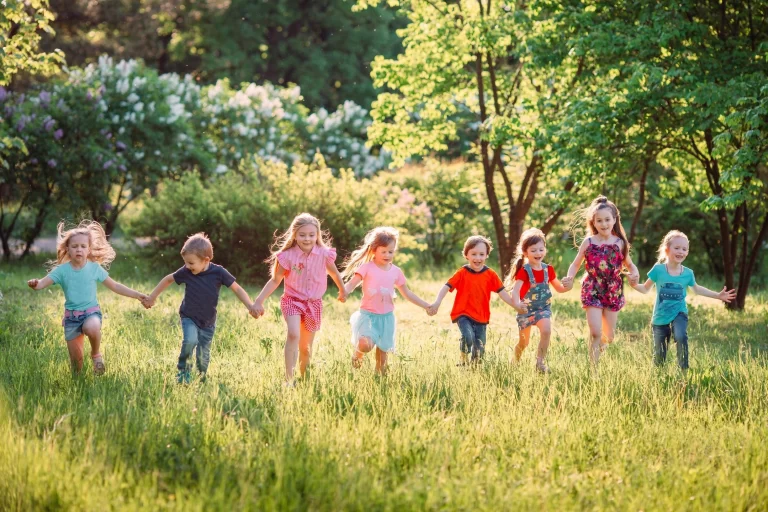
Natural Resources Working for You
Natural resources are drawn from nature, have the ability to be used without much change, support life, and meet your needs. Oil, coal, natural gas, metals, stone, and sand are all-natural resources. Other natural resources include air, sunlight, soil, water, plants, and animals.
You depend on the natural resources which make up your environment to provide a way of life. Your goal should not be to triumph over your environment but to be in tandem, living in harmony with it.
God calls you to be a good steward of the land. Are you leaving the land better than how you received it?
Agricultural Land is Precious to All of Us
Agricultural land is used to grow nutritious food for you and animals to eat. Wheat, corn, livestock, fruits, and vegetables are all grown using the land regeneratively.
Agriculture’s contribution to society is vital in nourishing the US and the world. Markets.businessinsider.com explains less than 2% of the population in the United States are farmers who contribute more than $100 billion to the US economy.
FarmBureau.org states the average American is at least 3 generations removed from the farm. Compared to many other countries in the world, finding food for the day is a minute thought for many Americans. Food has always been readily available your entire life. Trying to decide what to purchase for the evening meal is your biggest issue when stopping by the grocery store. You never even consider how food gets to the store because you don't need to. If time is short, plenty of drive-thru eating establishments are available for you to purchase a meal.
The land is a precious resource we cannot afford to take for granted. Legacy is about taking care of what we have. We must teach our children and grandchildren a way of life that values and improves nature and all creation. Future generations of plants, animals, and people need and depend on soil health to provide food. Soil needs to be alive and working at its full potential to continue the process of life.

Your Kids Determine Our Next Generation
The future of the world’s natural resources rests in the hands of the next generation, our amazing kids. We should inspire and encourage young people to treasure open spaces and engage in activities centered around stewardship of nature and managing the great outdoors.
Children that spend time outdoors in creation increase their academic science skills, become more involved in their neighborhoods, and are healthier, happier, and more exposed to careers involving natural resources. These kids experience the gift of real-life context while learning about the natural world.
As parents, teachers, and mentors we should be striving to set the example and exemplify less screen time, demonstrating more outside green time is important. New technologies such as geographic information systems or remote sensing can promote outdoor learning and add more insight.
You can share information to instruct young people not only to identify natural resources but to recognize the incredible importance of trees, forests, wildlife, and insects in both rural and urban environments highlighting their contribution to the quality of our lives. Society as a whole needs to pass along stewardship skills of our natural resources to our children and grandchildren. This will ensure life-sustaining products will remain in production as well as understanding and protecting the environment for the future.
A few examples of programs available to educate young people from the Forestry Service are adopt-a-tree, feeder watch, plant-a-tree, stream clean up, habitat creation, and invasive plant removal.

Is Sustainability Enough for You?
Sustainability has long been a buzzword discussed by many forward-thinking companies all over the world. Sustaining something is to give support or relief, nourish, keep up or prolong. In a broad sense, sustainability is maintaining or supporting any process successfully over a period of time. Society uses this concept to help guide decision-making at a global, national, and individual consumer level that can involve economics, environment, or social goals. More informally these areas might also be referred to as people, planet, and profits. Many times, I wonder if simply sustaining or settling for the status quo is enough? My personal opinion is that we can and should be doing more. Why be satisfied with maintaining degraded resources? I believe the power of education can change the world. The need for natural resources is simple, basically, everything you need to survive on planet earth depends directly or indirectly on creation. Every day the choices you make affect the amazing environment you are blessed to live in.
Nature is designed to fix itself. Nature doesn’t need you; however, you need nature. Nature is self-regulating, self-healing, and self-organizing. If humans would just move over and let nature function as it was designed, it can and will repair and maintain on its own. You need to simply let nature do its thing.
The Agricultural industry has been implementing regeneration practices for several years now. Regenerative Ag rebuilds and brings back life into the soil using biology, the basis for everything in creation. Understanding Ag defines Regenerative Agriculture as, farming and ranching in synchrony with nature to repair, rebuild, revitalize, and restore ecosystem function starting with all life in the soil and moving to all life above the soil.
Listening and paying attention to nature’s directions creates a harmonious environment for you to learn, providing the best way in which to work and live together with creation. “The most important step in regenerative agriculture is regenerative thinking. Just think of what changes would be made if you would just learn to work with the creation, instead of against it.” Gabe Brown
Actions speak louder than words. Sustainability plans are good but worth nothing if action isn’t applied. Your plans will get nowhere if you don’t have members of the future generations working along beside you. Your job is to teach the next generations of your children and grandchildren a new way of thinking.
If you want to make small changes, change the way you do things. If you want to make big changes, change the way you see things. Let’s regenerate the amazing earth you live on while demonstrating and instructing the next generation how to leave the natural resources you rely on better than the generation before.
Resources
Agriculture's contribution to society is vital in nourishing the US and the World, impacting your life daily. Ag organizations are dedicated to providing information and facts describing how and where your food is grown. Click on the links below to learn more.
Farm Bureau - Growing Agricultural Literacy
Kansas Corn Growers - Kansas Corn STEM
Ag in the Classroom - Connecting Classrooms to Kansas Agriculture
Kansas Conservation District - Educational Tools and Outreach
Kansas Beef - Educational Resources
Kansas Pork - Teaching Tools
USDA Conservation - Forest Service programs connect kids with meaningful outdoor experiences.
Agricultural Educators - Vocational instructors can get free access to online courses for grades 7 - 12.
Activity Book - Download this free children's activity book from the Kansas Seed Industry Association.
